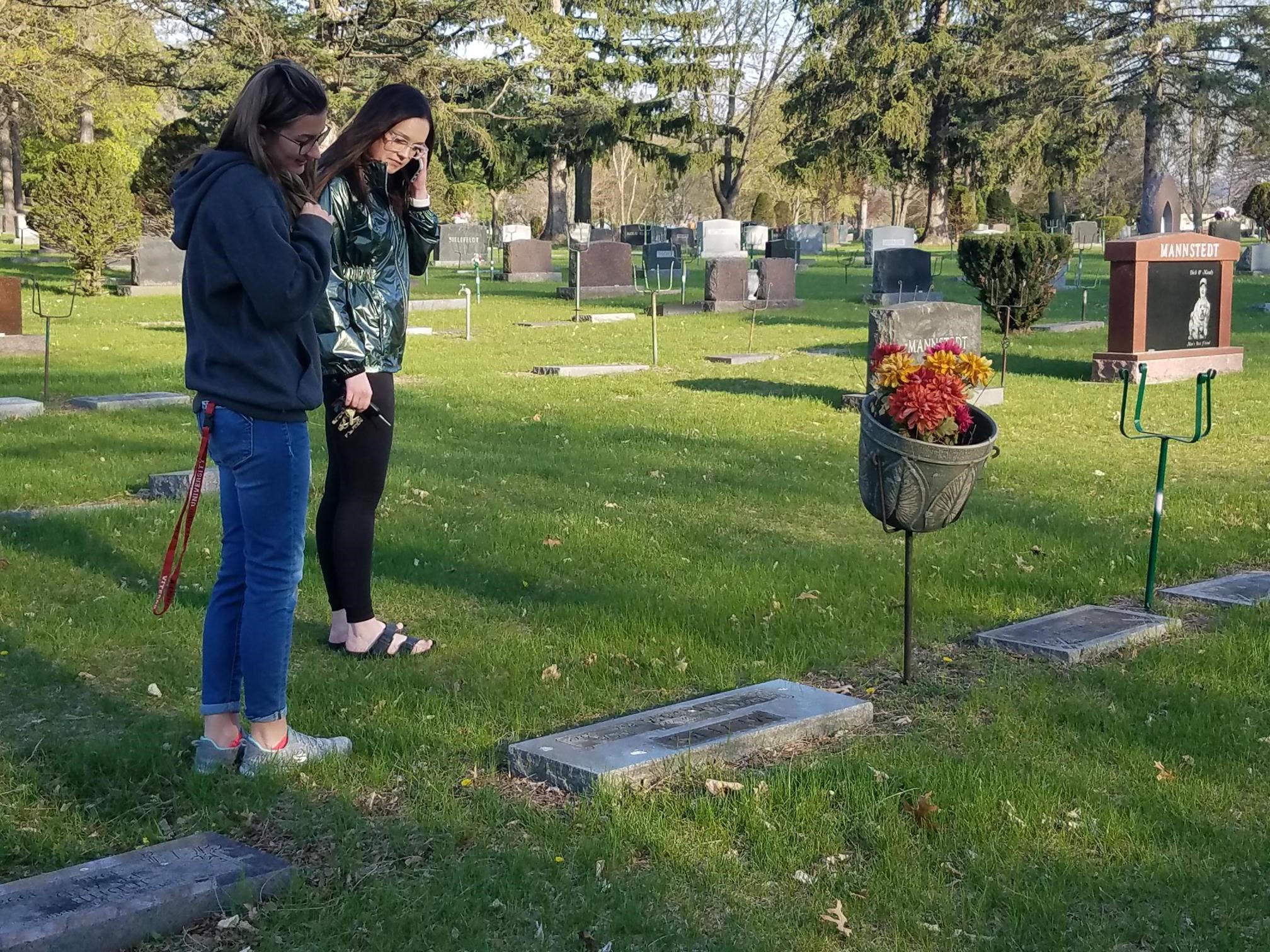
When Lynne Kuhl, Viterbo University nursing faculty member, asks her students to consider death, she knows that in doing so she’s also asking them to celebrate life.
“When we spend time looking at what is death, what is dying, we ultimately look at, what is the quality of life, what is life and living, and what is really important to us,” she says.
Kuhl has been teaching a course called Death and Dying since 2016 at Viterbo that finishes with a celebration of life.
The class offers a fascinating perspective into death, and often includes a trip to the cemetery, meditations on dying through different cultural lenses, and even conversations with children about what death means to them. But over the past year, the class has been marked by the pandemic and the issues COVID-19 has created for so many.
“Most recently we have been looking at the impact of COVID-19 and looking at some ethical issues of rationing of care and services and how that impacts those caregivers and the individuals,” Kuhl says. “And the impact of COVID-19 on the process of loss.”
Not all students who attend Kuhl’s class on death are nursing students, she notes. Of course, all will have to deal with death and the class helps the students think through that process for themselves and for others.
“We talk about things like facing death and living with life-threatening illness,” Kuhl says. “What happens when you get a diagnosis of cancer or something, which is a life-limiting diagnosis? And so, what is that experience like?"
Students are often shy about talking openly about dying at the start of the class. Part of Kuhl’s purpose is to normalize death and make it easier to discuss.
“It’s not a norm subject in many homes and in some places there are so many taboos around it. So, how do we normalize that? How you even begin to have these conversations with people becomes important.” Kuhl says.
“I think because the majority of students are in some form of caring science whether it be social work or psychology, or nursing—chances are very good they are going to have a client die, but chances are 100% in our own lifetime we’re going to have to look at end of life, so how do we demystify it a little bit?”
Talking about death and how to process it also helps students process other forms of loss. The class includes a trip to the La Crosse River Marsh where Kuhl says the students consider the death of earth.
All the students in the class are also asked to complete and video tape their own advanced directive, which is a plan for end-of-life care.
“These are incredibly meaningful,” Kuhl says. “The students tell us about what their wishes are, like you would in an advanced directive, but then they create a video about what a quality of life means to them.”
The students work on their advanced directive for a whole semester and Kuhl asks that they show it to someone they care for, such as a family member, or close friend.
“Then when we get together they show their class their advanced directive and do a speech about what was the response of others and the impact on yourself,” she says.
Finally, the class on death ends with a discussion of life.
“The end of the very last class is really about what does it really mean to live and what is life and living?" Kuhl says.
She views the class as one of the most rewarding she teaches and would like society in general to have more open discussion about death and dying.
